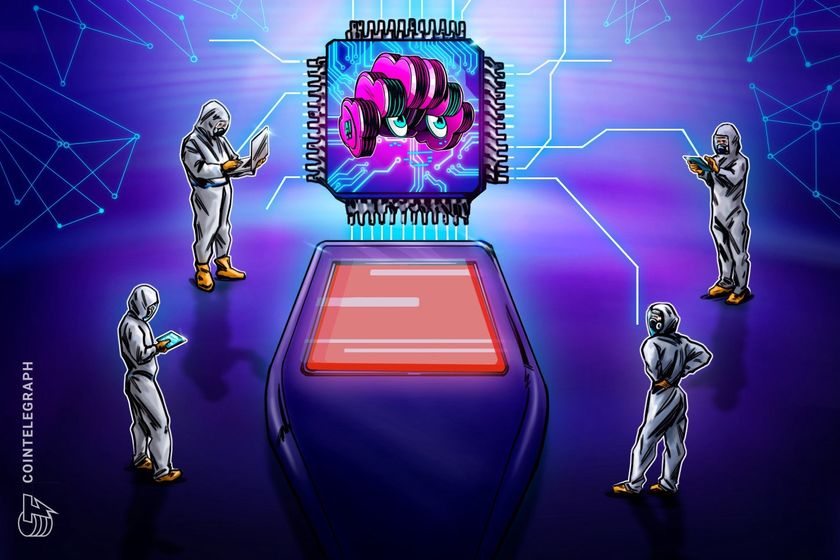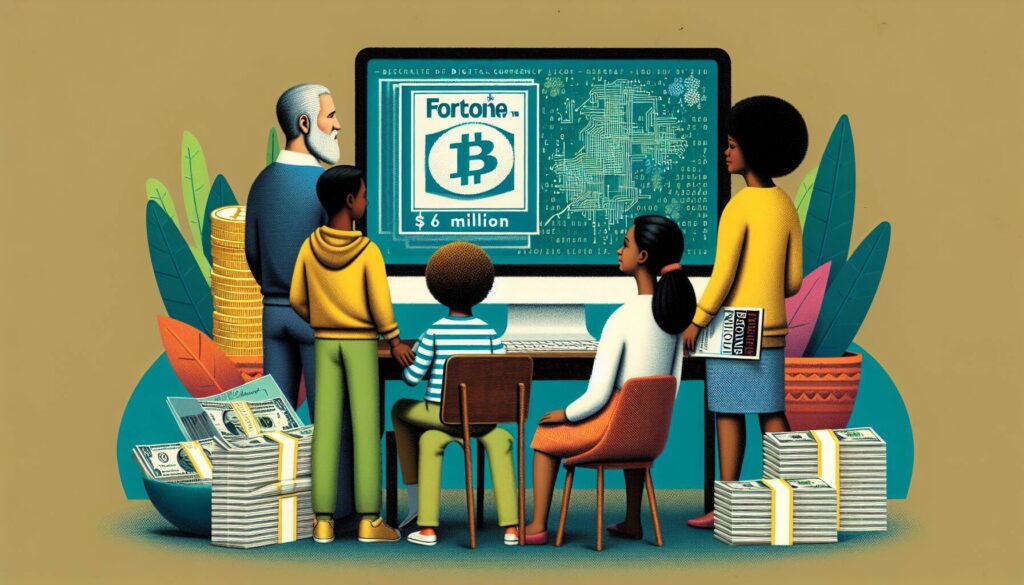The world of cryptocurrency is rapidly evolving, especially as artificial intelligence (AI) begins to play a pivotal role in decentralized finance (DeFi). In a thought-provoking opinion piece, Sean Li, co-founder of Magic Labs, highlights the critical interplay between AI agents and the current limitations of wallet infrastructure in the DeFi space. With crypto markets operating around the clock, human traders simply cannot keep pace. AI agents are stepping in, managing liquidity and executing trades whenever needed, but this rise also exposes significant gaps in security and usability.
Li points out that while advancements like smart contract wallets and account abstraction are starting to emerge, the majority of DeFi platforms still rely on traditional wallets that require manual approvals for every transaction. This outdated model is not ideal, especially as autonomous agents become more common. The need for standardized, secure, and cost-effective automation across various blockchain ecosystems is swiftly becoming a priority.
“Automation needs guardrails, not guesswork,” Li emphasizes, warning of the potential risks involved in relinquishing control to AI without proper safeguards.
Recent incidents, such as the exploitation of the Banana Gun trading bot, where users lost approximately $1.9 million due to a security breach, underscore the critical importance of robust infrastructure. Such vulnerabilities have led to intense discussions surrounding the need for more advanced wallet systems that can intelligently manage user control, rather than simply executing transactions.
Li envisions a future where programmable permissions become the new standard for trust in DeFi. This would allow users to delegate trading activities without losing overall control, mitigating risks while making complex DeFi strategies accessible to a broader audience. Such a shift could change the landscape of DeFi, making it scalable and more secure as institutional interest grows.
As Li aptly states, if DeFi is to maintain its fundamental principles of transparency and user sovereignty, it must create an infrastructure that effectively monitors and manages AI agents. The automation revolution in DeFi is on the horizon, with the pressing question being whether we will equip these agents with the right tools to serve users effectively.
The Future of DeFi: Embracing AI and Automation
As crypto markets evolve and AI technology advances, the implications for decentralized finance (DeFi) are significant. Here are the key points to consider:
- AI Agents in DeFi: AI agents are becoming essential for managing liquidity, optimizing yield, and executing trades around the clock.
- Infrastructure Limitations: Current DeFi platforms predominantly use externally owned accounts, requiring manual approvals and lacking the automation needed for efficiency.
- Automation Risks: Without secure programmable permissions, delegating control to AI can result in catastrophic financial losses, as shown by recent incidents where significant amounts were stolen due to infrastructure failures.
- Legacy Wallet Limitations: Existing wallet architecture does not support intuitive controls like user intent or dynamic permissions, making it difficult for users to engage with autonomous agents safely.
The aforementioned issues can significantly impact readers by highlighting the risks associated with inadequate infrastructure in the DeFi landscape, urging them to educate themselves on the tools they use within these ecosystems.
- Need for Programmable Permissions: There is a push for programmable wallets that allow users to set specific conditions for AI agents, promoting safer delegation of trading and strategy execution.
- Scalability through Programmable Infrastructure: Implementing standardized interfaces will make DeFi not only safer but also scalable, enabling greater access to advanced trading strategies.
- Institutional Interest: As more institutions show interest in DeFi, the demand for secure automation with transparent guardrails will increase, impacting how individual investors interact with these systems.
As readers contemplate their participation in DeFi, understanding the relevance of these points can empower them to make informed decisions regarding their investments and strategy implementations. Also, recognizing the need for improved wallet systems can foster interest in supporting developments that enhance security and efficiency in DeFi.
The Rise of AI Agents in DeFi: A Game Changer or a Recipe for Disaster?
The decentralized finance (DeFi) landscape is undergoing a transformative shift with the advent of AI agents capable of operating around the clock. This shift brings both advantages and drawbacks, particularly when it comes to infrastructure and security. As platforms scramble to integrate these autonomous agents, the way forward seems both promising and fraught with peril.
Competitive Advantages: One of the most significant advantages of these technologies is their ability to execute fast trades, optimize portfolios, and strategize without human intervention. For institutional investors and professional traders, these AI-driven agents can potentially streamline operations, enabling them to seize market opportunities that would be lost in a manual trading environment. Moreover, as highlighted by Sean Li, the demand for programmable and composable infrastructure is rising. This presents an opportunity for DeFi platforms that can provide robust security features while maintaining user autonomy, effectively placing them at the front of the market.
Disadvantages and Vulnerability: However, the rise of AI agents exposes a critical flaw within existing wallet architectures. Many wallets still depend on outdated models that lack the necessary programmable permissions to manage the autonomy of AI agents effectively. As evidenced by notable incidents like the Banana Gun exploit, failures in automation can lead to catastrophic financial losses for users unaware of the underlying risks. The rigid structure of legacy wallets not only limits user control but also opens the door for potential attacks, highlighting systemic vulnerabilities waiting to be exploited.
This situation presents a double-edged sword. While savvy investors and forward-thinking traders may benefit significantly from the efficiencies introduced by AI agents, the risks involved can deter those lacking technical expertise. Casual users may find themselves vulnerable, caught in a system that seems to favor informed participants while leaving others exposed to potential losses. This dynamic raises questions on inclusivity within the DeFi ecosystem.
Stakeholder Implications: The challenges surrounding AI automation and wallet compatibility are not just technical hurdles—they create broader implications for all players in the DeFi space. Investors would benefit from third-party solutions that promise secure, automated trading; however, the proliferation of dangerous bots and poorly designed automation tools could lead to erosion of trust and participation in DeFi, especially among less experienced users. Institutions looking to enter the DeFi space will demand stringent security measures, which could place pressure on platforms unable to adapt, ultimately benefiting those who prioritize innovative, secure structures.
The evolution of DeFi is impressive, but it comes with the urgent need for innovation in wallet infrastructure. Programmable permissions could represent a crucial shift in how financial autonomy is defined, allowing the market to thrive without sacrificing user security. In this transformative era, stakeholders must embrace the necessary changes or risk being left behind in a game where the stakes are higher than ever.

















